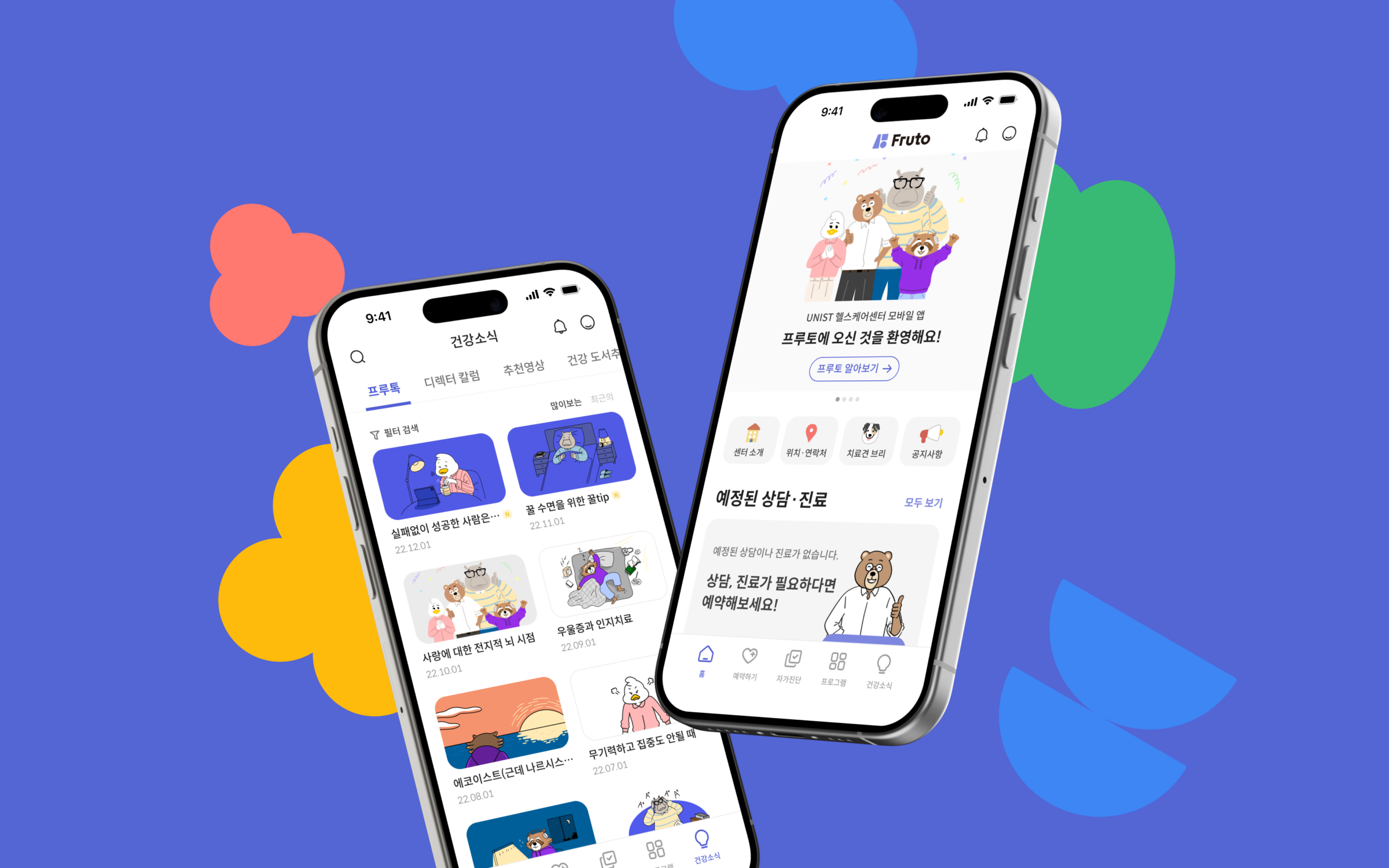
Master's Thesis
University counselors research for the design of student mental healthcare platform
In the modern era, the recognition of the severity of mental health issues and the need for effective care has grown significantly. Experts advocate for active mental healthcare, particularly among university students, who experience rapid changes in their surroundings and are susceptible to deteriorating mental health. Consequently, universities worldwide have established affiliated counseling centers for the mental well-being of their students.
Despite these efforts, many students are still unaware of the importance of proactive mental healthcare and the available resources. Paradoxically, university counseling centers struggle to meet the growing demand due to resource shortages. To address these challenges, a project was initiated at a South Korean university to develop a solution. The project aimed to provide preventive treatment, detect early signs of mental health issues, and create a supportive environment for mental healthcare in students’ daily lives.
The project applied user studies with counselors and ongoing collaboration. Activities such as interviews, observations, and role-playing sessions were conducted, and their results were analyzed using affinity diagrams and system visualization. The tacit knowledge accumulated by counselors over time in their counseling systems was a crucial aspect of these efforts. As a result, a smartphone app for student users and a web platform for counselors’ service operations were developed. The design prioritized enhancing the efficiency and convenience of the existing offline counseling system. The project goal was to make the design outcomes directly applicable to the service operations of real university counseling centers.
This paper provides comprehensive documentation of the entire process, including the applied methodologies, conducted analyses, derived insights, and the rationale behind the digital platform’s features and design. This knowledge may offer valuable insights for similar digital service designs from a service provision perspective, particularly in university counseling center operations.
